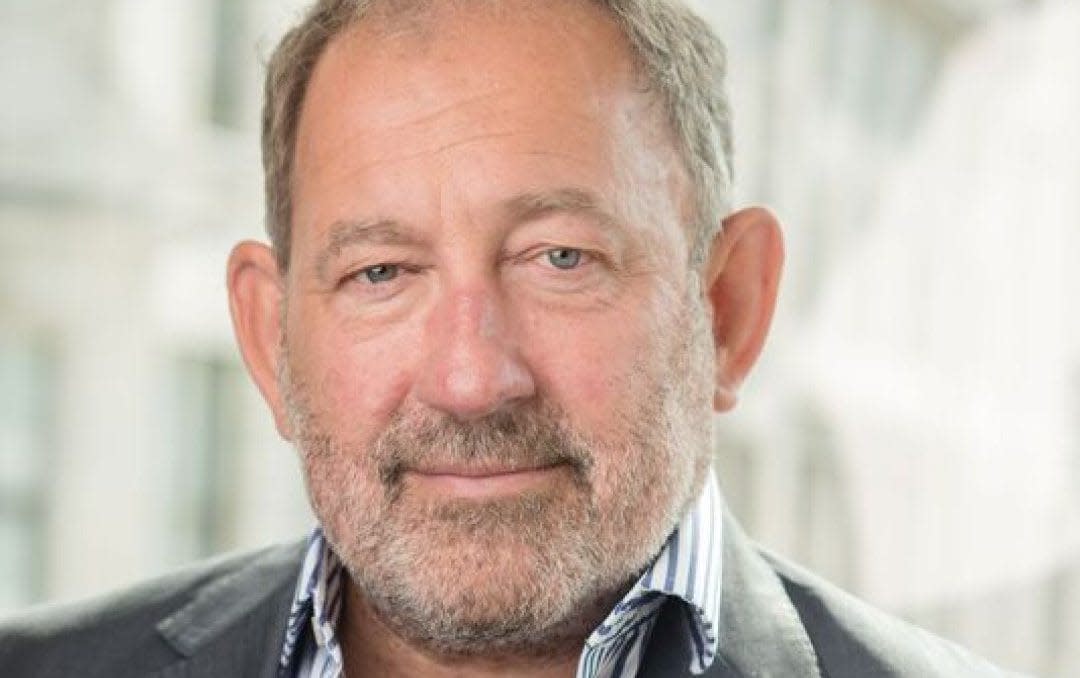Care home had right to sack staff who refused Covid jab, tribunal rules

Healthcare staff who refuse the Covid jab can be sacked, a tribunal has ruled.
An employment tribunal decided care home bosses acted fairly when they fired several members of staff for turning down the Covid jab.
In what is believed to be the first published case of its kind, the employment judge threw out claims of unfair dismissal, saying the home had fired the unvaccinated staff to protect clinically vulnerable lives.
Barchester Healthcare, one of Britain's biggest care providers, dismissed five healthcare workers for declining Covid-19 vaccinations without any medical exemption.
The nurse, laundry worker and three care assistants argued they should not have lost their jobs for refusing to comply with the company's jab scheme, saying they turned down the vaccine due to their spiritual and philosophical beliefs.
But the employment tribunal, held in Leeds, ruled that the workers – one of whom believes "God will protect" her from coronavirus – had not been fired without good reason.
It decided the healthcare firm had the "legitimate aim" of "minimising the risk of death and serious illness" among residents and staff, and that such a move was ‘necessary in a democratic society’.
'Minimise the risk of death'
Employment judge Neil Maidment said: "[Barchester Healthcare] was seeking to minimise the risk of death, putting genuine value on the saving of any resident’s life.
“Any contrary attitude from a care home provider might have been regarded as disturbing.”
Judge Maidment recognised that the reason for sacking the workers, while "unusual", was "genuine and substantial" and said the company "believed its policy of (subject to medical exemption) only employing vaccinated care home staff would save lives".
He said: “The tribunal concludes that any interference with human rights in the circumstances of this case was proportionate.”
Barchester Healthcare runs more than 250 care homes and seven registered hospitals across the country, employing more than 17,000 staff in premises which offer residential and nursing care.
The hearing was told that the care provider considered it a "privilege" for staff to have the vaccine before others in the general population.
At the time Pete Calveley, chief executive, made an announcement to staff saying that receiving the vaccine and protecting vulnerable care home residents was part of a "moral and ethical duty to do the right thing".
Judge Maidment said: “[Barchester Healthcare] of course never proposed, for instance, vaccination by force.
“It was at pains, throughout the introduction of the policy, to reaffirm that it recognised vaccines could not be mandated, that vaccination was the choice of the individual, that consent had to be given freely and consent to future vaccinations could be withdrawn at any stage.
'A free choice'
“Vaccination was not at this point in time mandated by law, but vaccination was not physically forced upon any of the claimants.
“While they would not have judged it as a free choice given the obvious implications of a loss of employment, it was a choice they had.”
In 2020 more than 10 per cent of the total number of Barchester Healthcare residents died with a recorded cause of Covid. Six members of staff also died because of reasons attributed to Covid.
Among those claiming unfair dismissal was Ilona Motiejuniene, who delivered personal care to residents living at a home in Dagenham, east London.
The tribunal heard she told bosses she was "100 per cent protected" from Covid as God "created the immune system in a perfect way".
Another care assistant, Giorgia Masiero, who worked in Brentwood, Essex, refused the vaccine in the belief "her body and immune system were able to fight off any virus", the tribunal heard.
Laundry assistant Joanna Hussain, who worked in Derby, rejected the vaccine on the basis of "several allergies" and because she claimed her Muslim faith said "it was forbidden to kill and the vaccine contained foetuses".
Galina Dimitrova, a qualified nurse and deputy manager in Hull, "considered the vaccines to be experimental", while Sammy-jo Chadwick, an assistant at the same home caring for residents with complex needs and learning disabilities, said she did not trust the vaccine.
The tribunal dismissed all claims of unfair dismissal. Mrs Hussain’s and Mrs Motiejuniene’s claims of direct and indirect religion and belief discrimination also failed, as did Mrs Motiejuniene’s claim of religion and belief-related harassment.

 Yahoo News
Yahoo News 